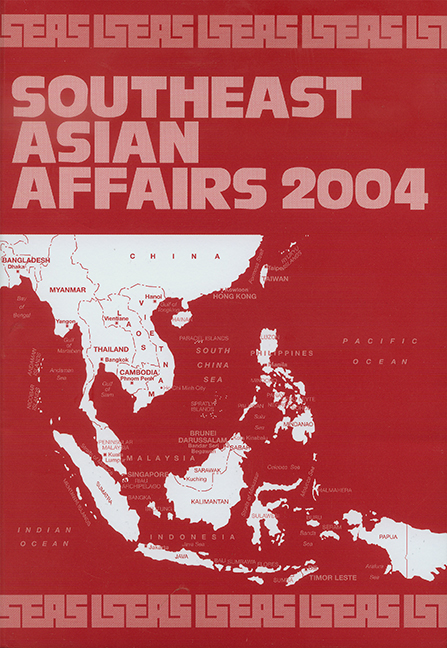Timor Leste: Strong Government, Weak State
from TIMOR LESTE
Published online by Cambridge University Press: 21 October 2015
Summary
Introduction
On 4 December 2002 hundreds of demonstrators rampaged through Dili targeting “foreign” properties, including a supermarket and two hotels, and the homes of the Prime Minister, Marí Alkatiri, and his immediate family. Rioters also attacked Dili's An Mur Mosque, which some saw as an anti-Islamic or anti-Indonesian action, but may well have been aimed at the Mosque's most well-known member, Alkatiri himself. The crowd also chanted anti-police slogans. The government of Timor Leste is yet to release a full report on the reasons for the riot, which left two protesters dead and others injured, most likely related to the decision of the police to use live rounds to control the crowd. Rumours have abounded as to who the crowd were and what they wanted. Variously they are described as students, the unemployed, former militia men and policemen from Indonesian times, or even a rival group from Alkatiri's own party, Fretilin (and various combinations of all these groupings). While it was popular to speak of agitators, the fact that a crowd was so easy to mobilize was worrying and indicative of underlying tensions towards the government, the police, and foreign businesses.
Dire predictions of widespread chaos did not, however, eventuate. Instead, the security threat to Timor Leste continues to remain a latent, but very real, threat. Pro-Indonesian militia elements still present an irritant to the border security of Timor Leste, causing concerns about the ability of Timor Leste to control its own security with the winding down of the United Nations mission. Yet a threat from within Timor Leste caused a great deal of concern within government circles, namely, the difficulties from ex-Falintil guerrilla fighters who were left out of government hiring after independence. A war of words continues with a hardcore of radical veterans insisting on a return to the 1975 Constitution, a suspension of the current government and a complete withdrawal of the United Nations. Security forces have also struggled to control criminal elements that have emerged throughout the province.
- Type
- Chapter
- Information
- Southeast Asian Affairs 2004 , pp. 279 - 294Publisher: ISEAS–Yusof Ishak InstitutePrint publication year: 2004



